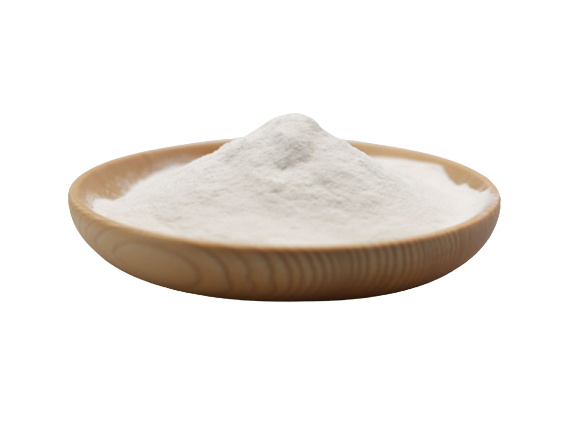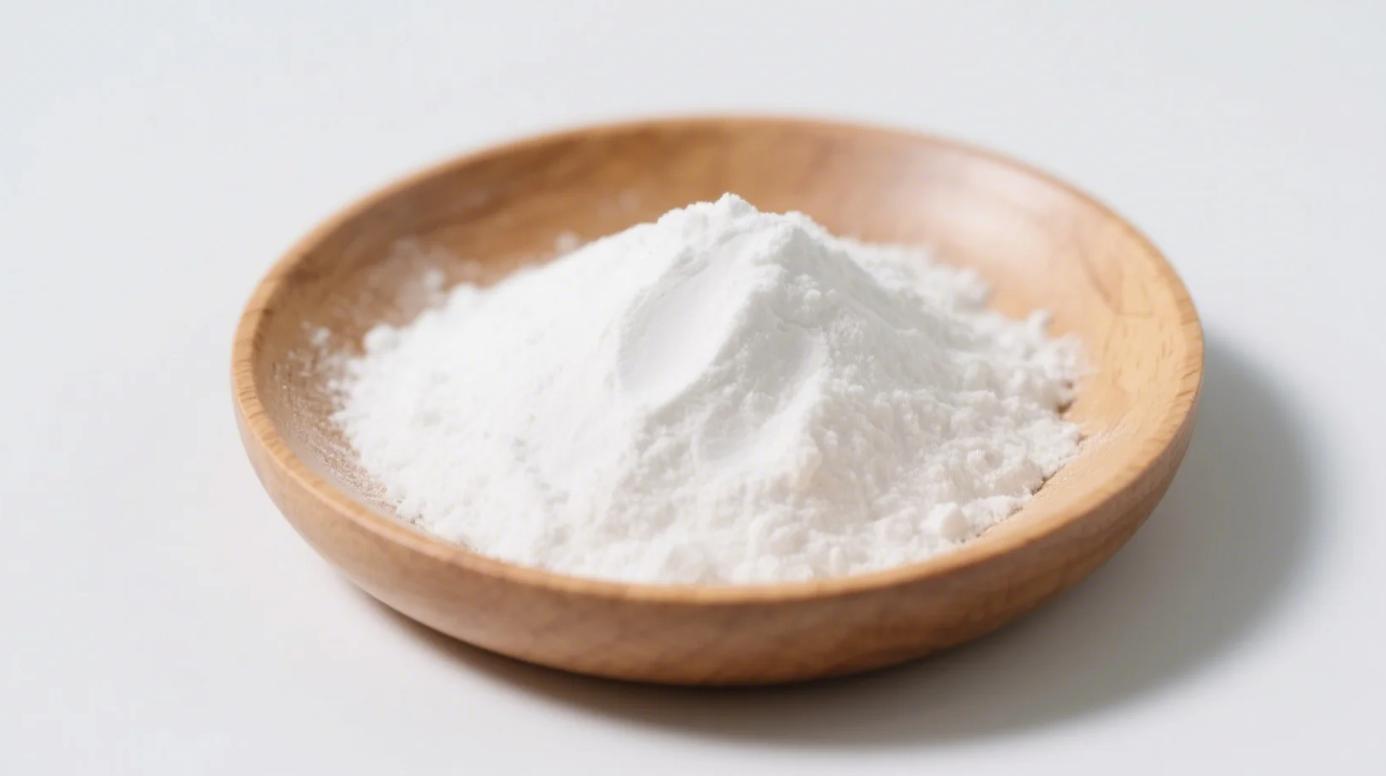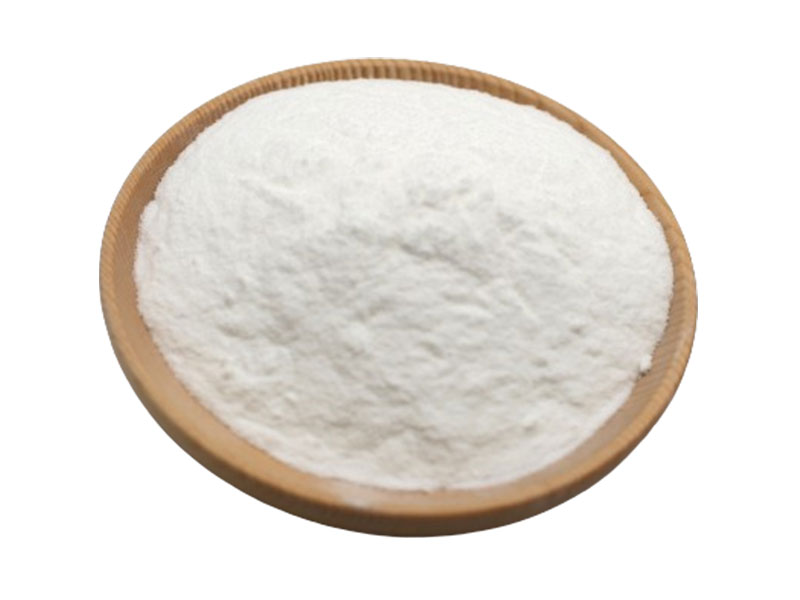What is Organic Maltodextrin?
Organic maltodextrin is a white, starchy powder that manufacturers add to many foods to improve their flavor, thickness, or shelf life. It is a common ingredient in packaged foods, such as pastries, candies, and soft drinks. It is also a carbohydrate supplement that can provide energy rapidly, especially for athletes or those needing to increase their blood sugar.
Organic maltodextrin is derived from organic corn starch and produced by enzymatic hydrolysis. It is the purest form of maltodextrin, which can also be made from other starchy foods, such as potato, wheat, tapioca, or rice.
Why Look for Alternatives or Supplements?
However, some people may have concerns about the safety or health effects of organic maltodextrin. For example, it has a high glycemic index (GI) value, which means it can cause a spike in blood sugar levels. This can be problematic for people with diabetes or insulin resistance. It also has no nutritional value and may contribute to weight gain or high cholesterol if consumed in excess.
Therefore, some people may look for alternatives or supplements to organic maltodextrin. Here are some possible options:
Stevia Extracts
Stevia extract is a natural sweetener extracted from the leaves of the stevia plant. It has zero calories and does not affect blood sugar levels. It can be used to replace sugar or maltodextrin in beverages, desserts, or baked goods.
Advantages: It may have a bitter aftertaste and may not provide the same texture or volume as maltodextrin. It may also interact with some medications or cause allergic reactions in some people.
Disadvantages: It may have a bitter aftertaste and may not provide the same texture or volume as maltodextrin. It may also interact with some medications or cause allergic reactions in some people.
Erythritol
Erythritol is a sugar alcohol that occurs naturally in some fruits and vegetables. It has about 70% of the sweetness of sugar but only 6% of the calories. It does not affect blood sugar levels and has a low GI value. It can be used to replace sugar or maltodextrin in beverages, desserts, or baked goods.
Advantages: It may cause digestive issues, such as bloating, gas, or diarrhea if consumed in large amounts. It may also have a cooling effect on the tongue and may not provide the same texture or volume as maltodextrin.
Disadvantages: It may cause digestive issues, such as bloating, gas, or diarrhea if consumed in large amounts. It may also have a cooling effect on the tongue and may not provide the same texture or volume as maltodextrin.
Inulin
Inulin is a soluble fiber that occurs naturally in some plants, such as chicory root, artichokes, or garlic. It has a mild sweetness and can be used to replace sugar or maltodextrin in beverages, desserts, or baked goods. It can also improve gut health by promoting the growth of beneficial bacteria. It can lower blood sugar levels and cholesterol levels and may help with weight management.
Advantages: It may cause digestive issues, such as bloating, gas, or diarrhea if consumed in large amounts. It may also cause allergic reactions in some people who are sensitive to ragweed or other plants in the same family.
Disadvantages: It may cause digestive issues, such as bloating, gas, or diarrhea if consumed in large amounts. It may also cause allergic reactions in some people who are sensitive to ragweed or other plants in the same family.
Dextrose
Dextrose is a simple sugar that is derived from corn starch. It has the same sweetness and calories as sugar but a higher GI value. It can be used to replace sugar or maltodextrin in beverages, desserts, or baked goods. It can also provide energy rapidly and replenish glycogen stores after exercise.
Advantages: It may cause a spike in blood sugar levels and insulin levels. It may also contribute to weight gain or high cholesterol if consumed in excess.
Disadvantages: It may cause a spike in blood sugar levels and insulin levels. It may also contribute to weight gain or high cholesterol if consumed in excess.
Summary
Organic maltodextrin is a common food additive and carbohydrate supplement that can improve the flavor, thickness, or shelf life of foods. However, it may have some drawbacks to health, such as raising blood sugar levels or providing empty calories.
Some possible alternatives or supplements to organic maltodextrin are stevia, erythritol, inulin, and dextrose. Each of these options has its advantages and disadvantages that should be considered before using them.
Related Products
Organic Stevia Extract
Clean-Label, Zero-Calorie Sweetener for Sugar-Free & Health-Conscious Formulations
Organic Inulin
Premium Prebiotic Fiber for Nutraceuticals, Food & Beverage Industries
Organic Maltodextrin Powder
Versatile Clean-Label Carbohydrate for Food, Beverage & Nutraceutical Applications



